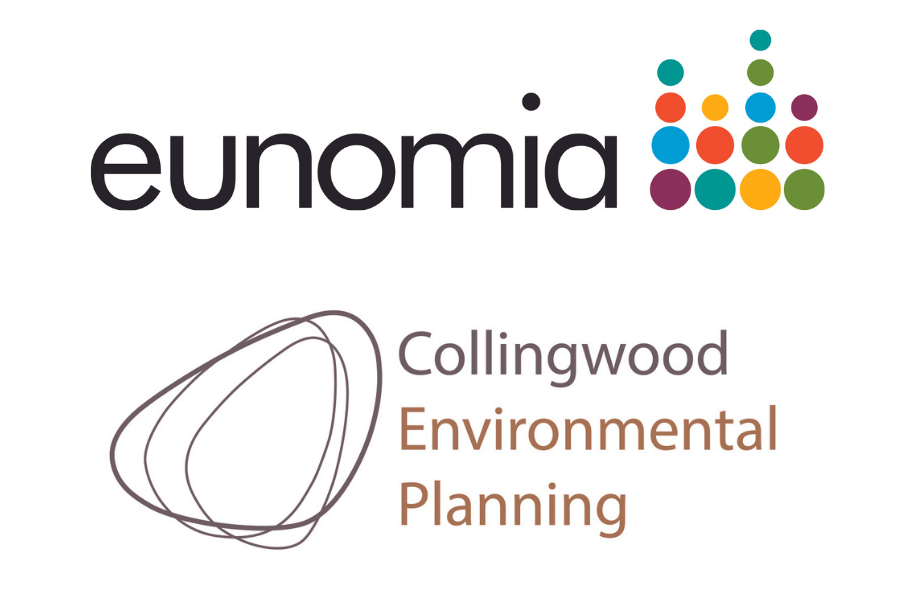CEP delivering online sense-making workshops as part of the fourth annual cycle of the EU Foresight System to Detect Emerging Environmental Issues
CEP is continuing in our role of providing the secretariat for the EU Commission’s Foresight System for the detection of emerging environmental issues (FORENV). Now in its fourth annual cycle, FORENV is focussing on identifying and characterising emerging environmental issues due to EU and global demographic changes.
This topic will explore what projected European and global demographic changes, such as ageing and population dynamics within and between territories, might mean for the development of key sectors (such as mobility, agriculture and food, energy) and what the implications of these developments may be for the environment.
To deliver FORENV, CEP is working with colleagues from Milieu (Belgium), Cranfield University (UK), the German Federal Environment Agency and Vision Communication (Spain). The work to deliver each annual cycle includes:
A broad scanning to compile and characterise weak signals of emerging issues for Europe’s environment.
The organisation and facilitation of four participatory online sense-making workshops, to identify and select ten priority emerging environmental issues related to the topic (i.e. demography).
The characterisation of the ten priority emerging issues to define related risks and opportunities for the environment, through an evidence review and expert discussions.
Preparation of a final report including infographic presentation of each emerging issue. A short video is also prepared for each cycle.
Miro board from last year’s workshop
Preparation for this cycle’s workshops is currently underway and these will be held online on 5th and 7th April 2022. In total around 60 experts from the Commission, academia and NGOs will participate. Across the workshops approximately 110 ‘weak signals’ of change related to the topic will discussed, clustered and prioritised. CEP are leading the organisation of the workshops and will moderate them with support from our partners Cranfield University, Milieu Ltd and representatives of the European Commission.
More information together with the final reports and videos prepared to date can be found on the Commission FORENV webpages.
For further information please contact Owen White (Technical Director) or Rolands Sadauskis (Senior Consultant).











